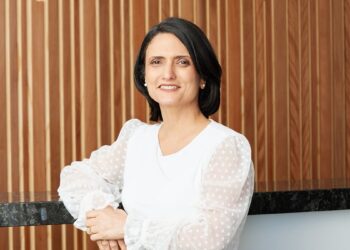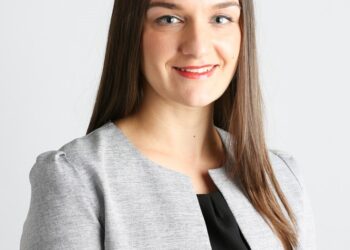With 31 December now only a few weeks away, SuperCentral has reminded professionals and clients about the changes in NSW to the Land Tax Act 1956 (NSW), Land Tax Management Act 1956 (NSW) and the Duties Act 1997 (NSW).
The amendments mean that a discretionary trust will be deemed as foreign for the purposes of surcharge land tax and surcharge duty, unless the trust prevents any foreign person from being a potential beneficiary of the trust, which may require amendments to the trust deed, SuperCentral explained.
SuperCentral also warned that while the changes apply to NSW, it is important to note that Victorian and Queensland discretionary trust deeds may be in a similar position as NSW.
Earlier this year, Cooper Grace Ward Lawyers (CGW) warned that in order to avoid foreign land tax and duty surcharges, the trust deed needs to be amended before midnight on 31 December 2020 to exclude all foreign persons as eligible beneficiaries, and prevent any amendment to the exclusion of foreign persons as beneficiaries, so that the exclusion is permanent and irrevocable.
“This is the case even if none of the eligible beneficiaries of a discretionary trust are foreign persons,” the law firm stated in an online article.
The trust deed and all the variations should then be submitted to Revenue NSW for confirmation that the trust is not a foreign person, it said.
If a discretionary trust is deemed a “foreign person”, CGW warned that surcharge duty of 8 per cent and surcharge land tax of 2 per cent will be payable on any residential land in NSW acquired or owned by the trust since the surcharges were introduced in 2016.
“This can also be the case where the discretionary trust is a shareholder or unitholder in a company or unit trust that owns the residential land,” it said.
Residential land for these purposes has a wide meaning, the law firm stated, with the surcharges applying to vacant or substantially vacant land (including farming property) that is zoned for residential purposes.
“These new changes apply retrospectively, so that if a discretionary trust paid surcharge duty or land tax but amends its trust deed to permanently exclude foreign persons as beneficiaries before 31 December 2020, the trust may apply for a refund of the surcharge,” it said.
“[However, if a discretionary trust] owns residential land in New South Wales but does not amend its trust deed to permanently exclude foreign persons as beneficiaries before 31 December 2020, the surcharge duty and land tax may apply for prior years since the surcharges were initially introduced in 2016.”
Different transitional rules apply to testamentary trusts, it said.


